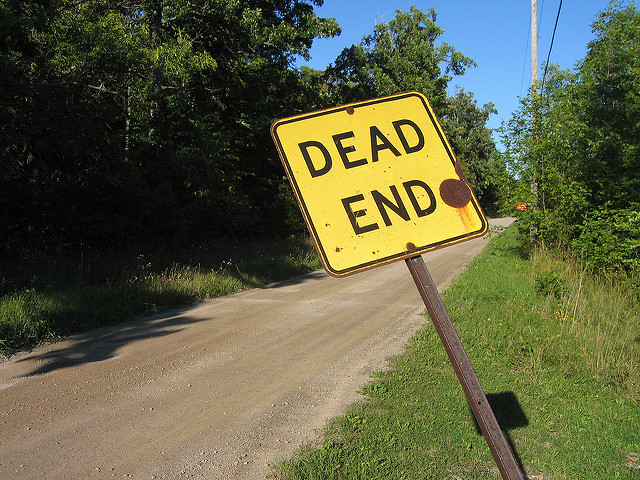“Remember that a kick in the ass is a step forward.”
—Author Unknown

Photo from Flickr by Brittney Bush Bollay
I use a special 360º Leadership Survey in my work with business leaders. The survey evaluates their style as a leader, and the effectiveness from their own perspective and that of their associates.
The two results-producing styles are called “team leader” and “taskmaster,” with the first being a balance between results and people, and the second being a focus exclusively on results.
Although being a “team leader” is by far the preferred style for optimal long-term results that empower people, sometime the “taskmaster” or, as in this quote, “a good kick in the ass,” may be the only way.
EXERCISE:
Examine for yourself where and when the situations you find in your professional or personal life would most benefit from a balanced team leader or a kick-in-the-ass taskmaster approach to move the issues you face forward.









